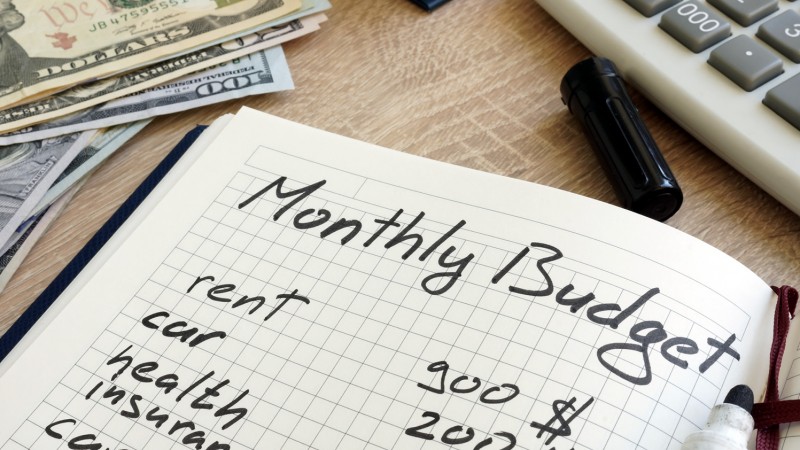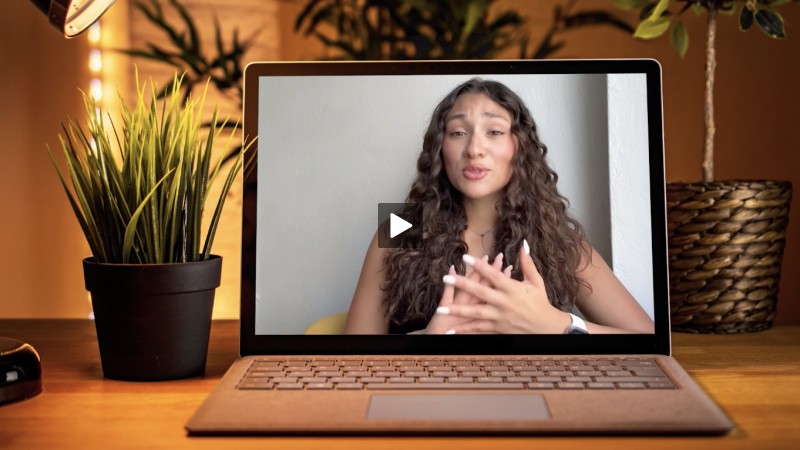Can You Flourish in a Gig Economy?
- Details
- Written by Will from Holland
- Category: Articles

I'm sure you've heard of the term "gig economy", but do you know what it is? Or—perhaps more importantly—how it may impact you and your (future) career?
Simply put, when we speak of a gig economy we are referring to an economy where having temp work is the norm, and independent contractors are hired for specific projects (only).
In a gig economy permanent jobs are replaced by projects, often short-term.
Here are some examples of companies that thrive on "independent" gig economy:
Uber: You "hire" a driver for a short ride, rather than an established taxi service
AirBnB: You sleep at a person's home, rather than a hotel
Fiverr: You find a freelance service for your (digital) project or business
These digital platforms match supply and demand at a lower transaction cost. At the same time, individual competencies are matched with specific project demands.
Now, this doesn't relate just to commodities, like your Uber ride, any longer. The availability of good data on the web to both client and contractor, in combination with smart algorithms, will change things for accountants, lawyers, and similar career paths, too.
Okay, so what's happening here? And how could this make things harder (or easier) for you, personally?
Well, in a gig economy, permanent jobs are replaced by projects, often short-term. That means, it will probably be harder for you to get a steady job, as you may be hired for a project only. You may have to become an independent contractor, and continuously gather projects to make a living.
On a positive note, it also means that you can easily work on the side. Think doing a few projects and making a little cash while studying. For example, you could:
List yourself as a web designer on Fiverr, and just take the jobs you can fit within your study schedule
Rent out your vacant room on AirBnB rather than find a monthly/yearly roommate
List yourself as a dog walker; you clear your head during your walk so you can better focus on the next exam, and make a little cash to boot
According to this McKinsey study, people who work in the gig economy tend to be happier than people who work a regular 9-5. Why? It's easier to make (more) money, you can generally choose your preferred gigs, and your working hours are (much) more flexible.
Of course, earning money on the side comes with a couple more caveats... Think taxes! You'll have to file your additional income on your yearly tax return. You are solely responsible for personal taxes in your gig economy. Of course, you may be able to find a cheap accountant on a digital platform...
To cope with these demands, you'll have to brush up on your 21st century skills. You will need to learn to use your knowledge and skills differently: Think critically and creatively, apply your knowledge to new situations, comprehend new ideas while collaborating with other people, and communicating clearly and on the right (digital) platform.
So, start today by exploring other resources on our site, like getting a sneak peek into 10 future jobs.
Good luck out there!
Will

































